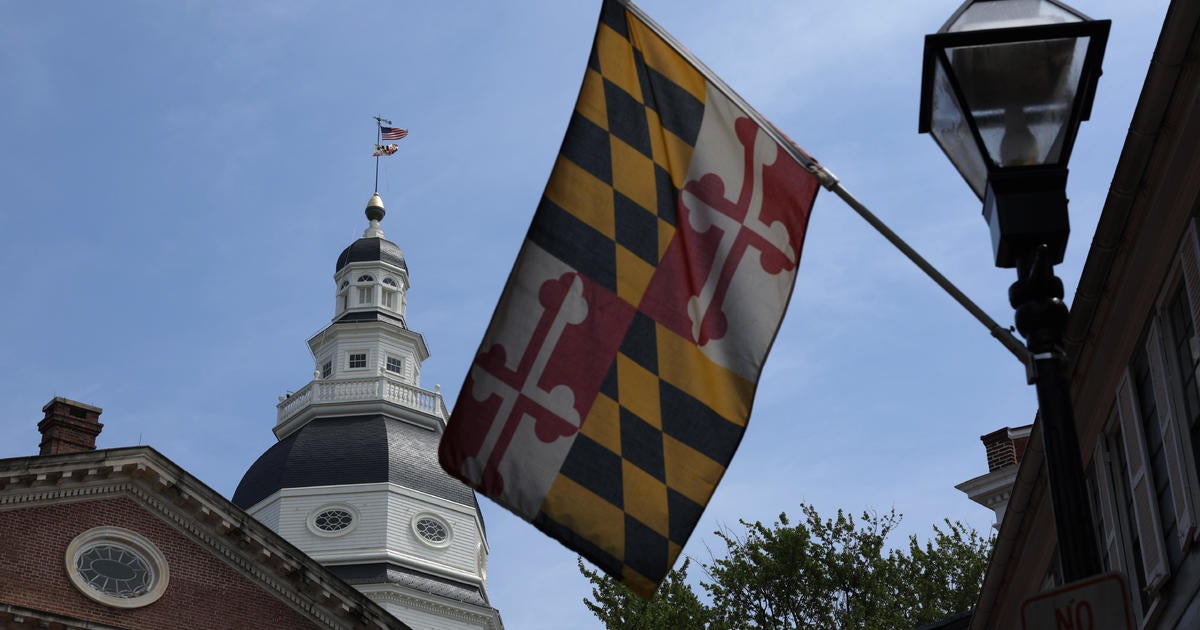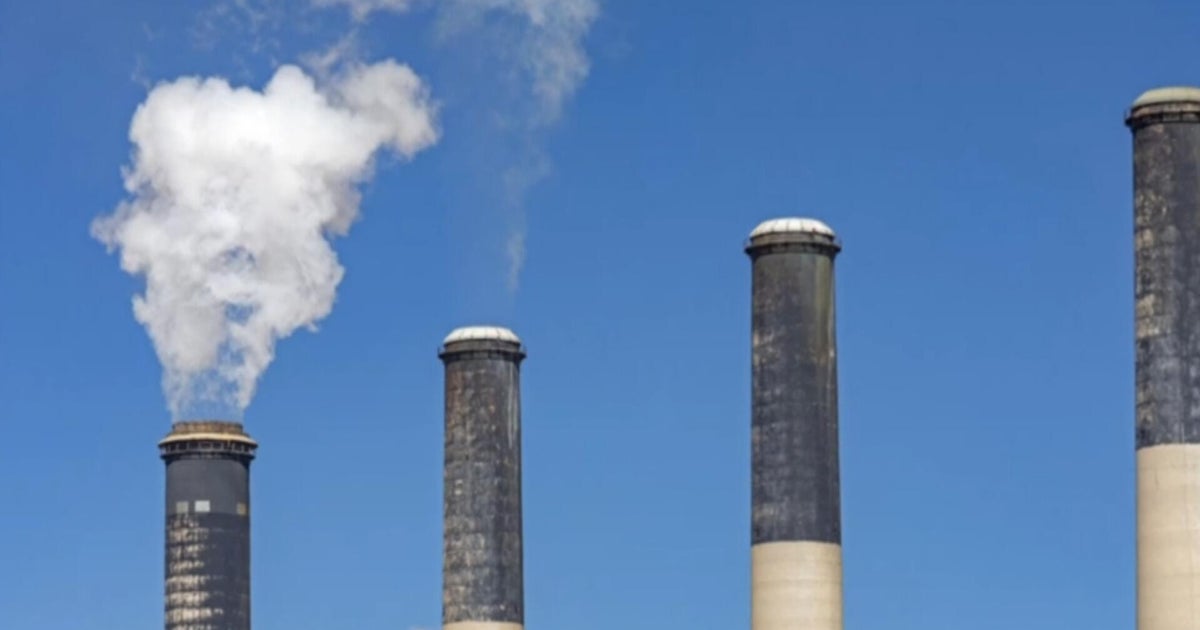Ferry Supporters Seek Coal Ash Dumping Exemption
TRAVERSE CITY (AP) - A provision approved by the U.S. House would allow the nation's last coal-powered steamship to continue dumping waste ash into Lake Michigan after a grace period ends next year.
Operators of the S.S. Badger, a 410-foot ferryboat that hauls passengers and vehicles across the lake between Ludington, Mich., and Manitowoc, Wis., are seeking designation as a National Historic Landmark., which a federal panel is scheduled to consider Wednesday.
An amendment tacked onto a maritime transportation bill last week would prevent the Environmental Protection Agency from toughening regulation of ships that are on the landmark list or have been nominated for it.
Two Republican lawmakers from Michigan and one from Wisconsin sponsored the amendment and tailored it to the Badger, saying it was essential to prevent the grounding of the vessel, a tourist attraction that employs about 200 people in the two cities.
"Either they have this provision where they are allowed to operate or they'll be shut down, and that to me isn't acceptable," Rep. Bill Huizenga, whose western Michigan district includes the Ludington area, told The Associated Press on Monday. The other sponsors were Reps. Dan Benishek of Michigan and Tom Petri of Wisconsin.
Environmentalists said the measure would harm the lake while granting special treatment to one company.
"It will give them a free pass from a law that every other vessel in the Great Lakes has to follow," said Thom Cmar, an attorney with the Natural Resources Defense Council.
Originally built to carry rail cars across the lake, the Badger began sailing in 1953. Demand for the service dried up over the next two decades, and most Great Lakes car ferries went out of business. The Badger was mothballed in 1990, but the next year businessman Charles Conrad bought and refurbished it for use by leisure passengers and their vehicles.
Michigan and Wisconsin granted the ferry exemptions from state air emissions standards.
Under a court order, the EPA began regulating waste discharges from commercial vessels under an industry-wide permit in 2008. Environmentalists had sued the agency for exempting ships from requirements of the Clean Water Act.
Responding to a plea from Lake Michigan Carferry Service, which operates the Badger, the EPA included a provision in the permit allowing coal ash discharges from large ferries until Dec. 19, 2012. The Badger, which operates from late May to mid-October, dumps 3.8 tons of ash per day - about 509 tons per year.
Coal ash contains low concentrations of arsenic, selenium, lead and mercury but is not classified as hazardous under waste laws, although the EPA is expected to propose new rules on ash from power plants this month. The GOP-controlled House voted in October to put states in charge of coal ash regulation.
The ferry company contends its ash does not harm Lake Michigan. Tests conducted by EPA-approved laboratories detected no toxicity, company spokeswoman Lynda Matson said.
Responding to those findings in 2008, the EPA said it was "not convinced that the tests ... were appropriate for discharges into waters, nor that they had detection limits which were sufficiently sensitive." The agency said the ash probably contains "a variety of pollutants, some ... in significant quantities" and that dumping them into the lake should be halted.
The EPA is expected to update its ship discharge rules by Nov. 30. The agency is considering a request by the Badger's operators to be regulated separately from other vessels, spokeswoman Anne Rowan said.
Lake Michigan Carferry is researching cleaner methods of powering the Badger, Matson said. It applied unsuccessfully for a state grant to convert to diesel engines. The plan now is to switch to natural gas, but that will take time because custom-designed tanks and an onshore refueling facility will be needed, she said.
"We believe it can be done, but the cost would be huge," Matson said.
A panel of experts that advises the National Park Service on historic landmark designations is scheduled to consider the Badger's nomination Wednesday, agency historian Patty Henry said. The panel likely will delay a recommendation until next spring, she said. Interior Secretary Ken Salazar will make the final call.
© Copyright 2011 The Associated Press. All Rights Reserved. This material may not be published, broadcast, rewritten or redistributed.







